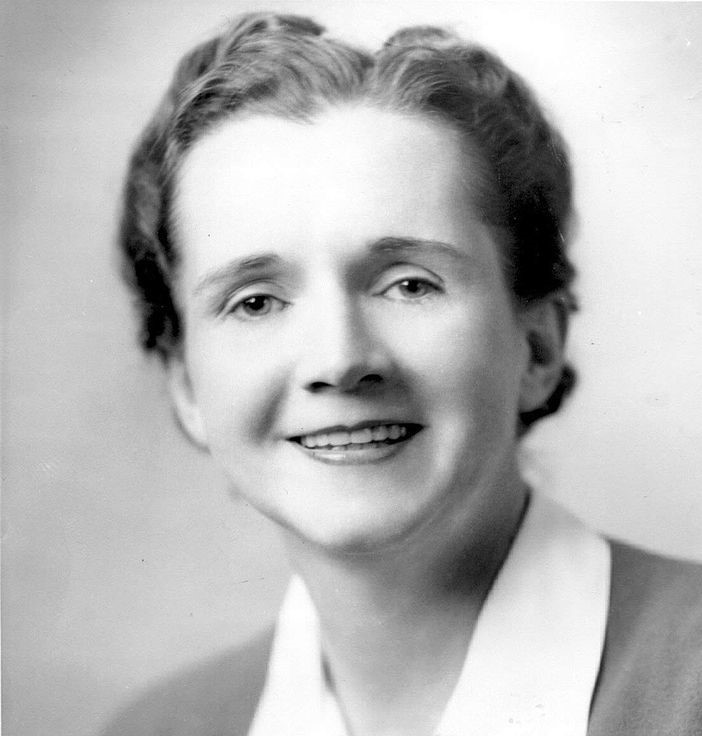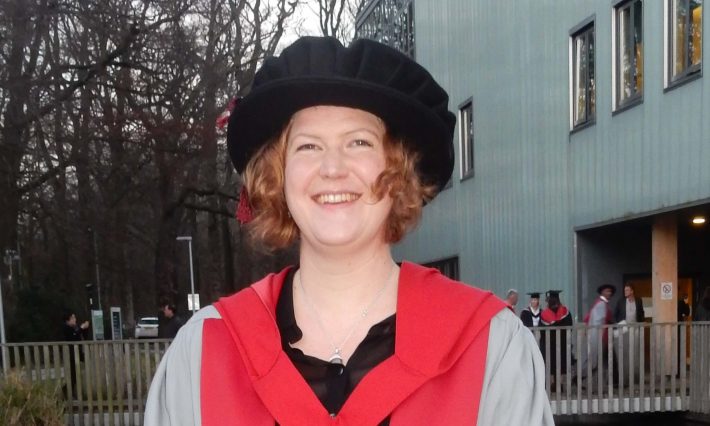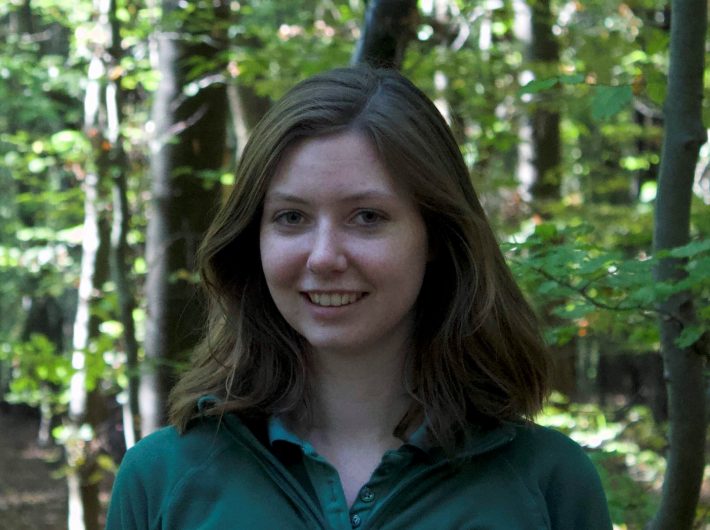Rachel Carson Prize
Like the other BES journals People and Nature is awarding an annual prize for the best article by an early career researcher. We’re pleased to announce that this will be named the Rachel Carson Prize.

Rachel was a renowned marine biologist and award-winning author, who greatly advanced the global environmental movement. She is perhaps best known for her seminal book Silent Spring, which was instrumental in effecting change in policies over pesticide use, and highlighted wider concerns about the relations between people and nature. Less well known is her book The Sense of Wonder, which was published posthumously (and unfinished), and in which she sought to inspire people to experience nature in the belief that this would engender greater care for it. These two contributions, and many of Rachel’s other works, capture critical components of the ethos of People and Nature. As we say in our opening editorial “The vital importance of nature to people, and of people to the future of that nature, is self‐evident.” We hope Rachel would be pleased that the world is finally catching up with her way of thinking.
The Rachel Carson Prize will be awarded annually to the best paper submitted by an early career author at the start of their research career. In the absence of extenuating circumstances, ‘early career’ is defined as less than 5 years post-Ph.D. or -D.Phil. experience according to the date of your graduation certificate. If the first author of a paper considers that they are eligible for this award, they are invited to nominate themselves during the submission process through ScholarOne Manuscripts. Those nominated are in the early stages of their research career; slightly older authors who have had their careers in ecology interrupted or have developed later, can also be considered.
The winner is selected by the Editors of People and Nature at the end of each year, and an announcement made early in the following year. Along with this prestigious prize, the winner receives £250 and membership of the BES, which are presented at the BES Annual Meeting in the UK, if the winner can attend.
Find out about the winning and shortlisted papers for all of the other BES Journal Early Career Researcher Prizes here.
For further information and informal enquiries, contact the People and Nature Editorial Office.
Winner of the Rachel Carson Prize 2019

Beth Brockett
Guiding carbon farming using interdisciplinary mixed methods mapping
Beth F. T. Brockett, Alison L. Browne, Andy Beanland, Mike G. Whitfield, Nigel Watson, George Alan Blackburn, Richard D. Bardgett (People and Nature, 1:2 pp 191–203)
Beth’s study used a range of different methods to collect data in order to create soil carbon farming maps. This included collecting farmers’ knowledge about their land, via walking interviews, and surveying soil properties. The maps contained scientific accounts of where soil carbon is stored and where it could be increased, alongside information on how farmers understand their land, its management and their willingness to engage in soil carbon farming practices. As well as the Research Article, you can read more about the study in the authors’ plain language summary Working with different sorts of knowledge to increase the amount of carbon stored in our agricultural soils.
Lead Editor, Rosemary Hails described this paper as a great example of a highly topical issue, that is the sequestration of soil carbon, and how to get more people to adopt practices to do this. The combination of environmental and social science that provides new insights into the potential, and the barriers, to advance this cause make this a particularly interesting People and Nature paper. It not only informs the issue of soil carbon sequestration potential itself, it also demonstrates and reflects on the crucial need for interdisciplinary approaches.
Associate Editor, Yvonne Buckley said:
“This paper exemplifies the approach of People and Nature, it demonstrates the importance of investigating the ecological and social aspects of carbon farming together. The benefits of the integrated “mixed methods” approach to mapping carbon are clearly articulated, in particular the tensions between qualitative and quantitative findings were a rich opportunity for new insights. Scientific breakthroughs are often made when tensions between previously held beliefs or hypotheses are confronted with new data or new ways of looking at the world.”
Beth Brockett works for Natural England as a Social Science Specialist. Beth is the Social Science Lead for the People and Nature Survey – a national survey which gathers evidence relating to people’s enjoyment, access and attitudes to the natural environment, as well as its contributions to our health and wellbeing. She also has a particular interest in working with different forms of knowledge to promote sustainable land management. Beth’s background is in social science, ecology and soil science and she has previously worked as a farm conservation adviser, an interdisciplinary academic researcher and as a community development practitioner. Beth has published in a range of peer-reviewed journals, a Parliamentary briefing paper and for specialist magazines.
Beth has also written a blog post about nature conservation and social science and being a social scientist at Natural England.
Runner-up of the Rachel Carson Prize 2019

Eleanor Tew
Quantifying cultural ecosystem services: Disentangling the effects of management from landscape features
Eleanor R. Tew, Benno I. Simmons, William J. Sutherland (People and Nature, 1:1 pp 70–86)
Eleanor’s study explores how policy and land management can influence the delivery of ecosystem services. Lead Editor, Kai Chan describes Eleanor’s paper as an important contribution to understanding how changes in the biophysical characteristics of a site impact the non-material values that people attribute to the site. He says “This is a question of fundamental importance as we struggle to balance the protection of material contributions from nature to people with maintaining places that people want and love. Tew et al. develop novel participatory mapping methods to approach this question quantitatively and rigorously.”
Associate Editor, Peter Bridgewater, who also write a blog post about the paper said:
“People and Nature does exactly what it says on the tin: it publishes high quality papers on how people interact with the rest of nature. Using novel approaches to seeking people’s views on land management Eleanor Tew and colleagues have written a paper that fits exactly the bill for People and Nature and exemplifies the sort of papers we would like to see in future!”
Eleanor is a conservation scientist working to apply scientific evidence to improve management of the natural environment. Eleanor’s PhD was a CASE studentship collaboration between the University of Cambridge and Forestry England, evaluating ecosystem service delivery from UK forests. It was during her PhD that she researched and wrote her article on cultural ecosystem services for People and Nature. Following a short Fellowship based on the practical application of her PhD research, Eleanor now works for Forestry England where she manages the Forest Resilience Programme in the East District. This involves coordinating the long-term management response to climate change, tree disease and societal pressures to keep our forests functioning, healthy, and continuing to deliver a wide range of ecosystem services and biodiversity conservation for generations to come. She is also an Academic Visitor to the Conservation Science Group at Cambridge University. Outside of research and work, she enjoys anything that involves being outdoors (particularly in forests!).
Eleanor has also written a blog post about her paper and the process of writing it and getting it published.
Like what we stand for?
Support our mission and help develop the next generation of ecologists by donating to the British Ecological Society.